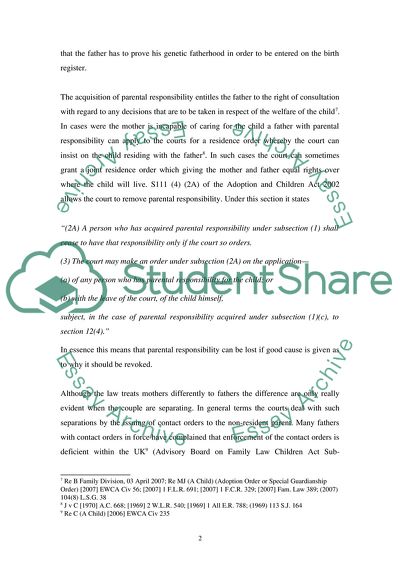Cite this document
(“Family Law Essay Example | Topics and Well Written Essays - 2250 words”, n.d.)
Family Law Essay Example | Topics and Well Written Essays - 2250 words. Retrieved from https://studentshare.org/miscellaneous/1544983-family-law
Family Law Essay Example | Topics and Well Written Essays - 2250 words. Retrieved from https://studentshare.org/miscellaneous/1544983-family-law
(Family Law Essay Example | Topics and Well Written Essays - 2250 Words)
Family Law Essay Example | Topics and Well Written Essays - 2250 Words. https://studentshare.org/miscellaneous/1544983-family-law.
Family Law Essay Example | Topics and Well Written Essays - 2250 Words. https://studentshare.org/miscellaneous/1544983-family-law.
“Family Law Essay Example | Topics and Well Written Essays - 2250 Words”, n.d. https://studentshare.org/miscellaneous/1544983-family-law.


